Is My Rat Depressed? Alone After Friend and Cage Mate Died
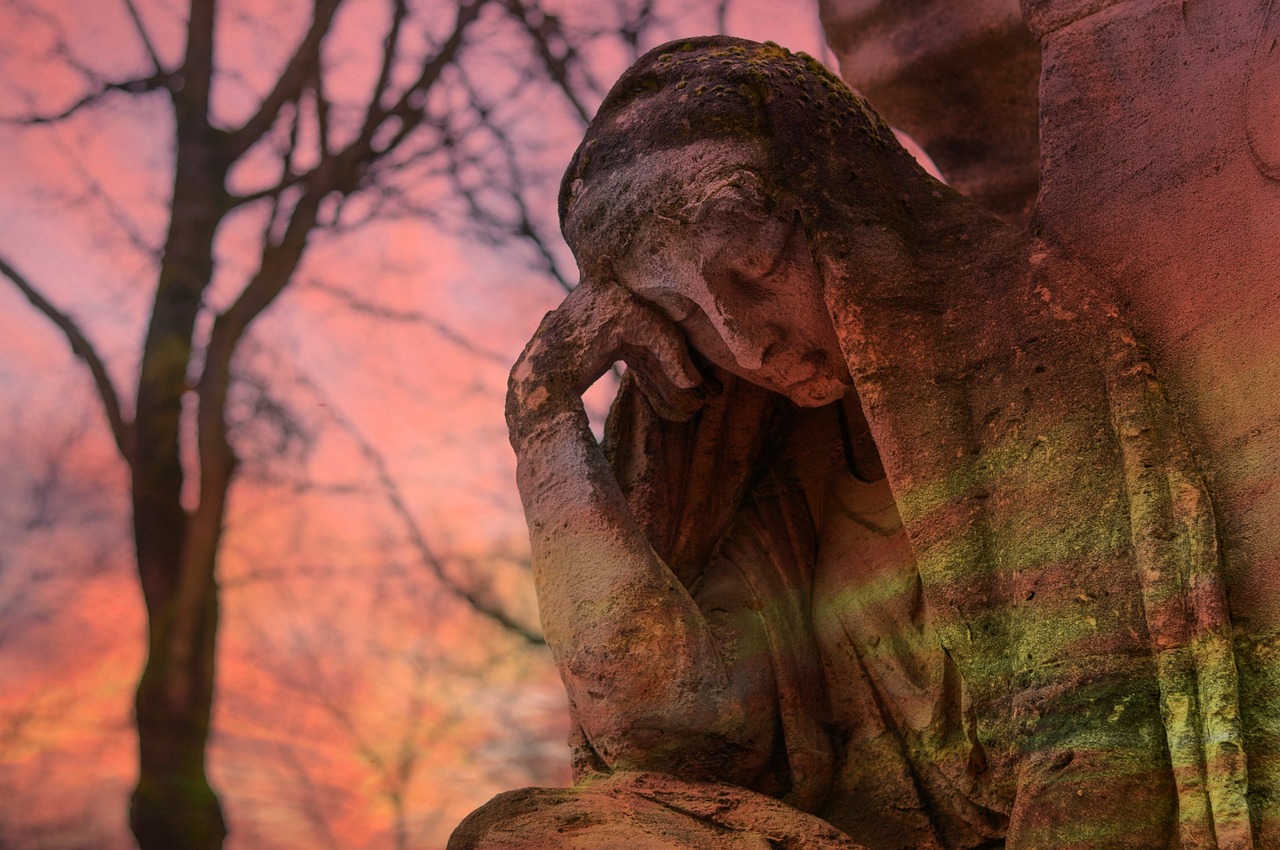
If you have a pair of rats and one suddenly dies, you as the owner will not be the only one mourning. Rats are very intelligent, social creatures who build strong lifelong bonds with their cage mates. Once the cage mate dies (especially one of only a pair), the remaining rat or rats will grieve. They might even be seen staying near the sickly rat as death approaches. Depression and grief is a very real thing for pet rats, despite the criticism they face from many humans who lack any knowledge regarding these animals.
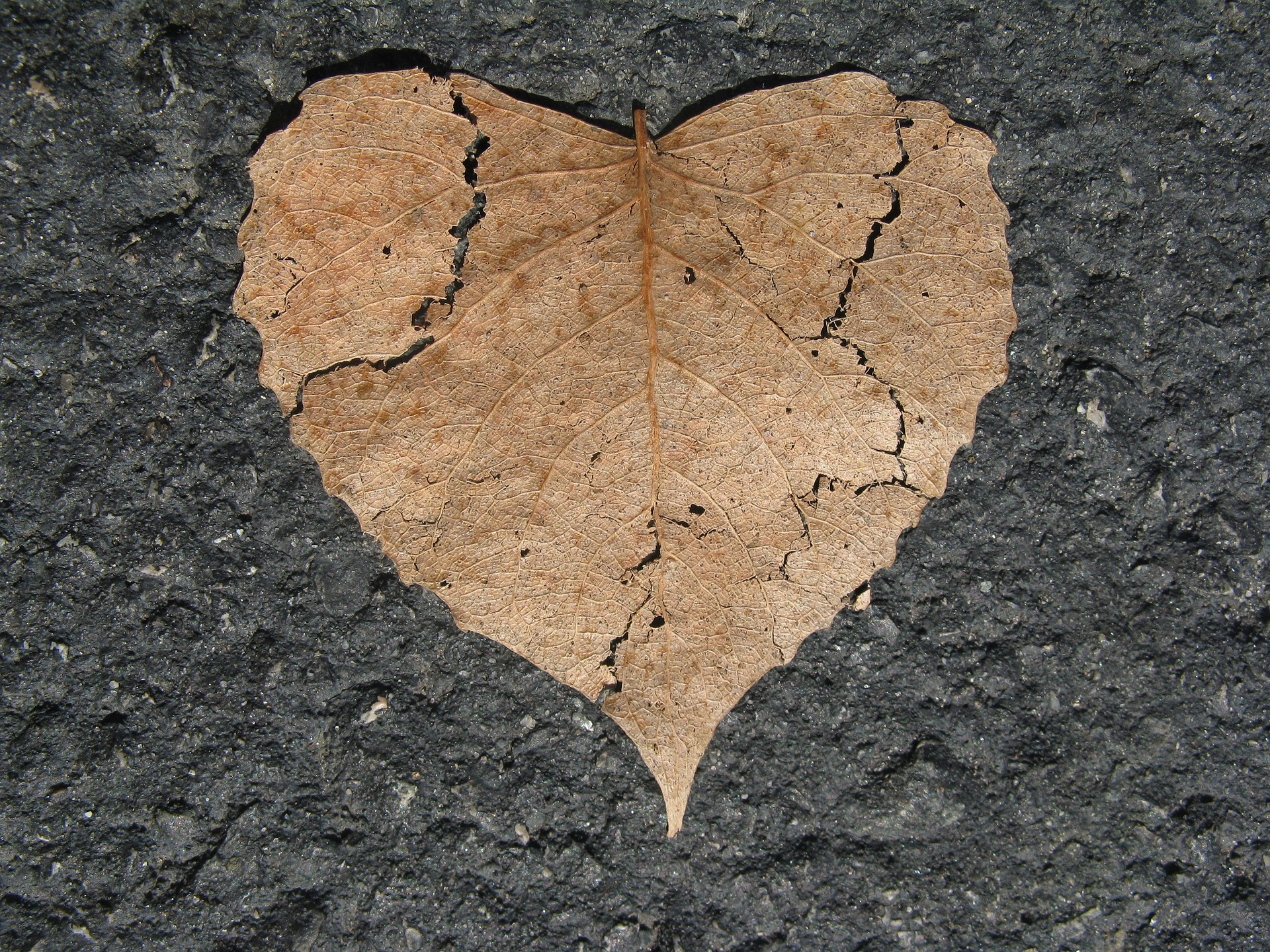
Rats can become very depressed when a friend or cage mate dies. The mental health of a rat can deteriorate, as well as his or her physical health.
Symptoms of Death Related Depression and Loneliness In Pet Rats
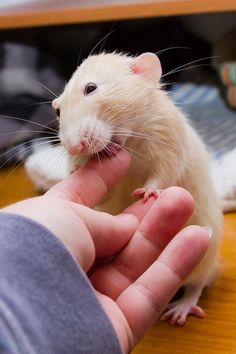 After a cage mate has prepared to pass away, there are several different symptoms of depression and loneliness that the rat might display. Every rat and his or her reaction will be different. For example, a rat who has been through rescues and had many different family members and cage mates throughout life may deal with death much easier than others. On the other hand, a rat who was adopted with a sibling (having never seen other rats after being adopted as a baby) might display the most obvious of symptoms. Check out each of these symptoms to evaluate how depressed your rat has become.
After a cage mate has prepared to pass away, there are several different symptoms of depression and loneliness that the rat might display. Every rat and his or her reaction will be different. For example, a rat who has been through rescues and had many different family members and cage mates throughout life may deal with death much easier than others. On the other hand, a rat who was adopted with a sibling (having never seen other rats after being adopted as a baby) might display the most obvious of symptoms. Check out each of these symptoms to evaluate how depressed your rat has become.
Symptom #1: Rat’s Loss of Interest In Playing or Playtime
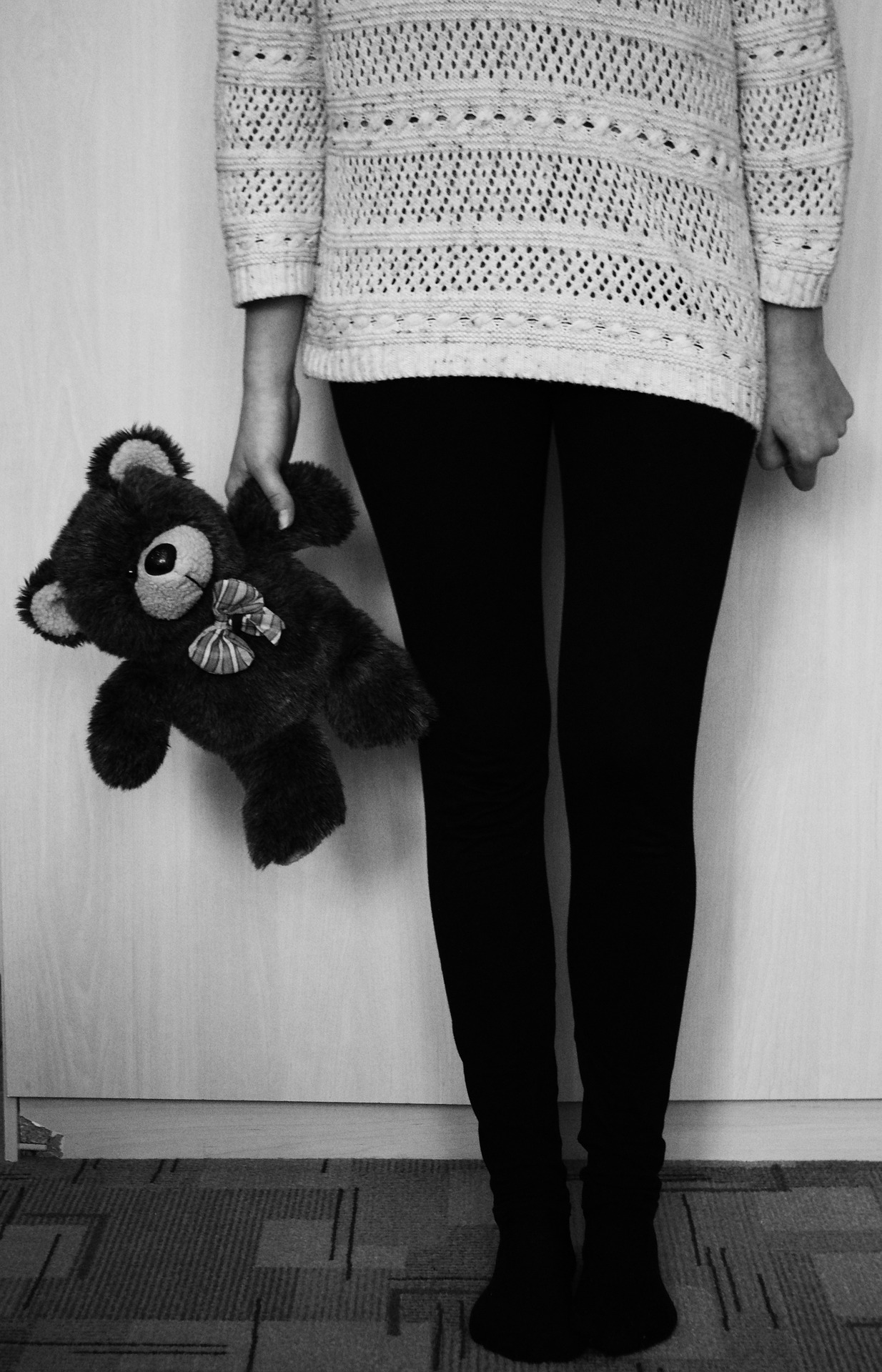 After the death of the rat’s mate, he or she may quit playing for a while. The rat may not be interested in running around the home or playing with his or her owner either. Instead, the rat may seem to sit around and observe the world solemnly. The rat might feel very alone, and is probably more interested in finding his or her friend.
After the death of the rat’s mate, he or she may quit playing for a while. The rat may not be interested in running around the home or playing with his or her owner either. Instead, the rat may seem to sit around and observe the world solemnly. The rat might feel very alone, and is probably more interested in finding his or her friend.
Symptom #2: Eating Less, or Only Eating Favorite Treats
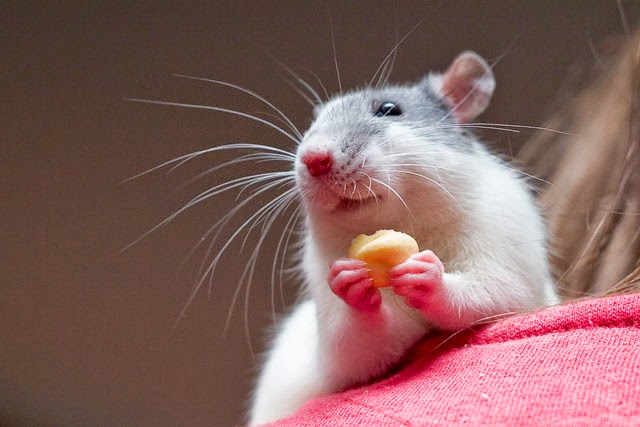 This symptom tends to last for a very short period of time, until the rat becomes accustomed to not having his or her friend around. They may experience a massive drop in appetite, only picking out and eating his or her favorite bits or treats. Allow your rat to eat his or her favorite foods freely, in order to avoid a drastic loss in weight. After two to four days, begin restricting access to the treats again as the rat’s appetite improves.
This symptom tends to last for a very short period of time, until the rat becomes accustomed to not having his or her friend around. They may experience a massive drop in appetite, only picking out and eating his or her favorite bits or treats. Allow your rat to eat his or her favorite foods freely, in order to avoid a drastic loss in weight. After two to four days, begin restricting access to the treats again as the rat’s appetite improves.
Symptom #3: Restlessness and Nervous Behaviors, Anxiety
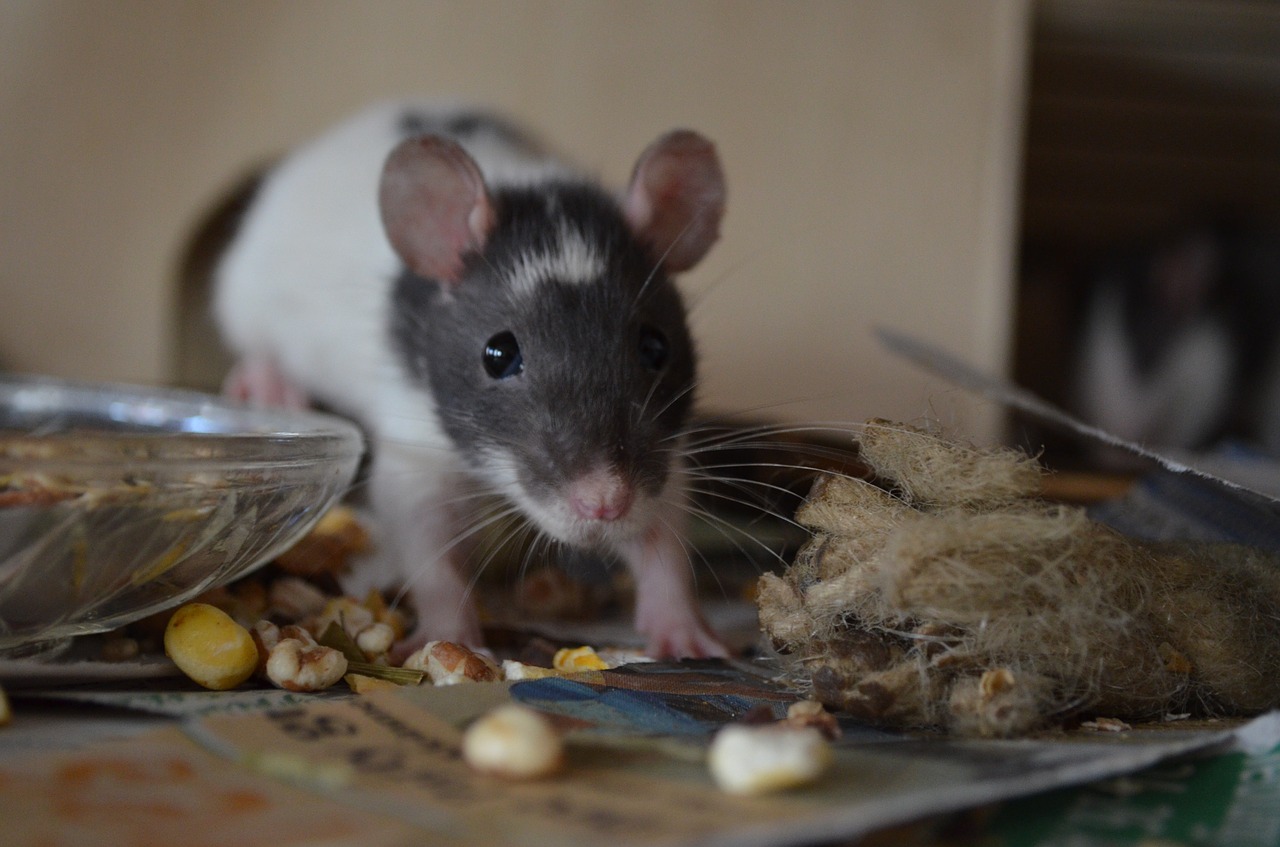
Starting young is the best way to get rats accustomed to baths. They become more at ease with it if it is seen as a normal life event.
The rat may begin to wander the cage constantly, chewing on bars or chewies more frequently. These nervous behaviors are caused by anxiety, whether it be a concern for his or her own well being, or a desire to bring his or her friend back to the cage. Rats can and will experience significant amounts of anxiety. Cater to your rat by adding lots of things to chew on, play with, and explore in to distract him or her from the grief of death. He or she needs to work off all of that nervous energy when possible.
Symptom #4: Mild Aggression or Nervousness with Owner or Other Cage Mates
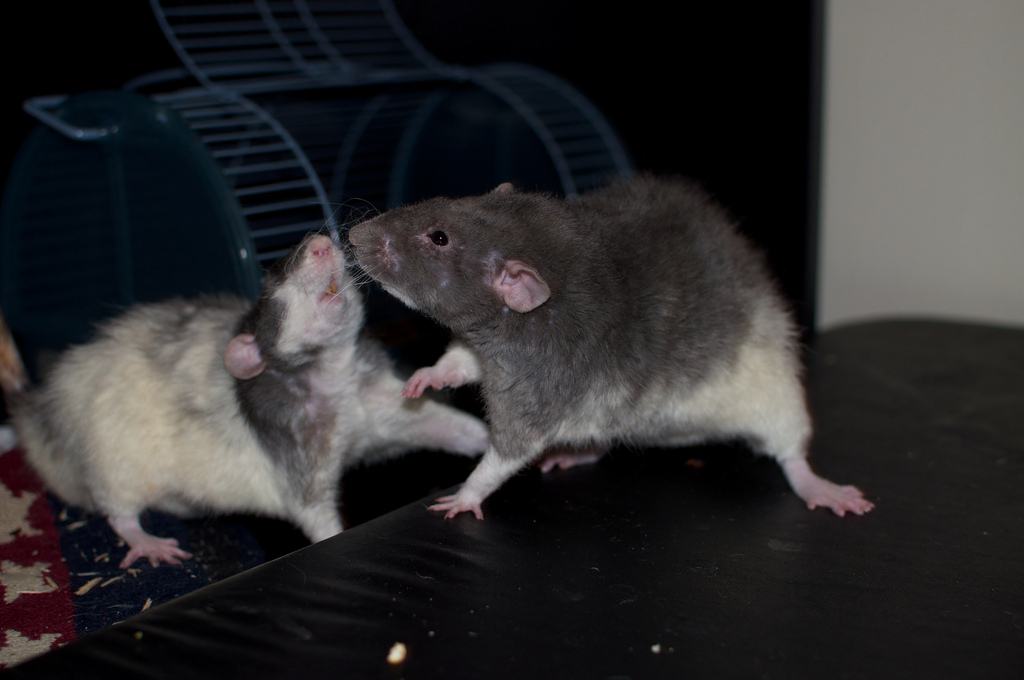
Sometimes, rats get a little too rough while playing and fighting. This can result in injuries to the eye. Photo Credit: Brad Clinesmith
Just like with humans, losing a friend or family member can have some temporary psychological effects on a rat. Humans become short tempered, riddled with mood swings, depressed, and desperate. This is fully expected when we lose someone, and no one is to blame for the way they handle a loss. They require love, a listening ear, and a strong hug as they break down over the loss. In turn, rats will behave abnormally. If the rat refuses affection, becomes agitated, or seems to have lost trust, do not take it personally. Your rat simply needs time to deal with the loss.
Symptom #5: Loss of Health
During old age, one of a pair or trio may become sickly as he or she nears the end. The other(s) may seem fairly healthy. After the loss, the remaining rat(s) may seem to lose their health. I firmly believe that the loss and depression takes such a toll on the animals that it deteriorates their health. Once an older rat enters into a more fragile state, it is nearly impossible to restore them to full, youthful health. You might see the health of the animal stabilize in a fragile state, or you might see the animal decline over a period of weeks or months. 